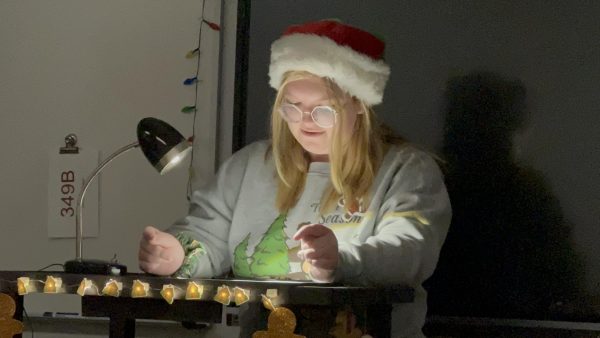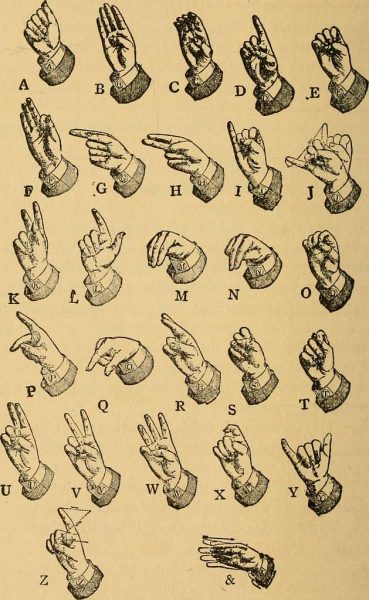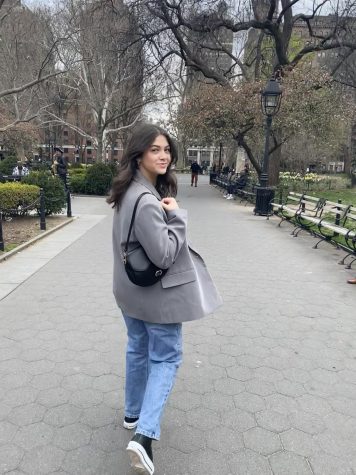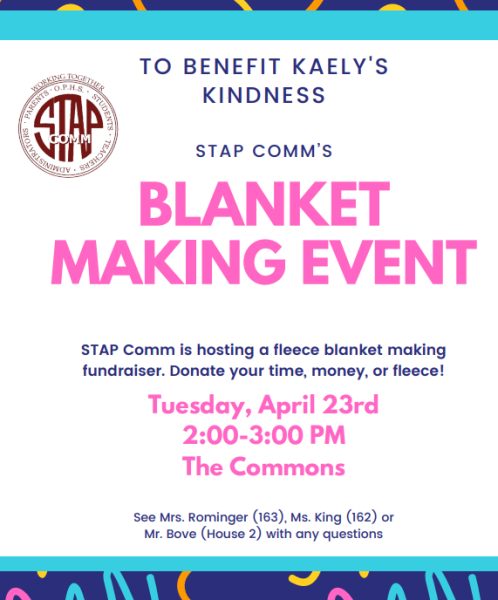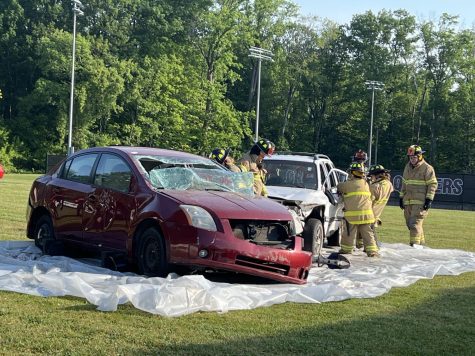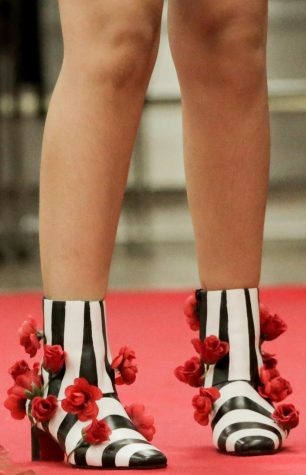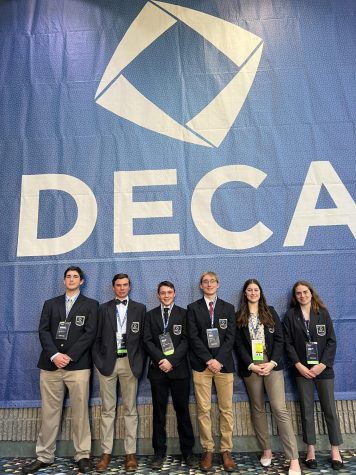Game Day: A Year Long Effort
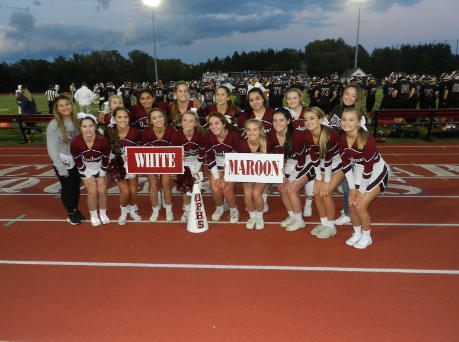
Coach Jill Manka has made it possible for the OPHS Cheerleading Program to be known for having spirited, talented cheerleaders. Manka is the heart and soul of OPHS cheerleading, and her dedication to the cheer program has been invaluable. To find out more about OPHS cheerleading go to www.ophscheer.com.
Game Day Cheerleading is a competitive version of what a cheerleader would normally do at a football game. Teams are evaluated on how well they execute a band dance, fight song, cheer, situational sideline, and their overall performance factor, or how exciting they were. The Game Day format allows cheerleaders to show their crowd leadership. It is organized to look not planned, or as Coach Jill Manka likes to call it, like “organized chaos.” These Game Day competitions can go as far as Nationals where teams will compete against other teams that won at their State competitions. Today I’m sitting with Coach Jill Manka to find out what it is truly like to coach Game Day Cheerleading.
* This interview has been edited for length by The Voice.
What inspires you when creating a cheer routine?
JM: The new Game Day routine follows a completely new set of rules. The inspiration really came from watching D1 college cheer teams. They are so entertaining to watch on the sidelines and what we truly inspire to be.
How do you make sure a routine is not only difficult but fun and entertaining to watch, especially for those who don’t know cheerleading?
JM: Our job on the mat is to lead the crowd and get them to interact with our routine–to call back our cheers. So when creating this year’s routine, we were trying to find out a “gimmick” to set us apart and get the crowd even more interested and to actually cheer with us!
What do you think makes Game Day difficult?
JM: Game Day is difficult in a completely different way than I’m used to. It is about the difficulty of the skills within the routine. Our new challenge is figuring out how to choreograph and make the routine visually readable from the crowd–who essentially isn’t supposed to know much about our sport. So how can we create/choreograph a routine that includes poms, signs, flags, and 25 bodies on one mat but also still make it organized and understable to the crowd.
How have the Game Day Competitions changed your work ethic?
JM: The Fall Season used to be all preparation for the Winter Season. We would simply be working [on] skills that we would be putting into our winter routine. When the State made Game Day a sport two years ago, we had to change our philosophy a little bit to figure out how we were going to prepare and compete in the Fall, while also continuing to prepare for the next season. We have had to figure out a schedule that is very structured to allow time to work on specific skills, and then also set aside a specific time to work on the Game Day routine. I am hoping with the implementation of a second competitive season that the work ethic of the athletes will continue to improve.
Do you think Game Day is for everyone and anyone?
JM: I think Game Day is for the quintessential cheerleader. The cheerleader that started the sport decades ago and the cheerleader that strives to keep the traditions of crowd leading and community spirit alive. A Game Day cheerleader might not be your most athletic on the mat, but they have great pride in their sport and in their school, and that’s what makes them good. Game Day cheerleading does open up doors for some athletes that might not make the competition routine in the winter; therefore, it does open up room for the sport to grow and for more athletes to be able to participate.
How has the world of school cheer changed from when you were in high school
JM: In the last two decades cheerleading has changed probably more than any other sport. Although people will still argue that it is not a sport, NYSPHSAA officially recognized competitive cheerleading in 2014 and just last month in 2022, NYSPHSAA recognized Game Day as a sport. And just last year, in 2021, the Olympic Committee officially recognized it as a sport. This new recognition also gave us a sectional and state championship to work towards and being able to earn those titles was the most important change that we have received.
What lessons has Game Day taught you?
JM: Game Day has taught me that cheerleading is a multifaceted sport. There are different versions and variations of the sport, ranging from Game Day, to Highschool Competitive, to College Game Day, to College Competitive, to even All Star. It has also taught me the importance of keeping traditions of the sport alive and not always focusing on the new more difficult aspect of the sport. Sometimes going back to basics and perfecting those can actually even help you with the more difficult skills as well.
How can the wins we’ve received this year benefit you and your team next year?
JM: I always hope that our successes motivate the upcoming class to work hard and continue to strive for excellence to be able to keep the winning tradition. Wins aren’t earned by simply having a good reputation. Wins are earned by hard work and determination.
How do you plan on continuing the team’s success in the winter?
JM: I am hoping we are able to keep the momentum going and use that drive and stamina while preparing for the next season. We will also utilize some of the Game Day routine in the winter routine.
How do you think cheerleading affects athletes’ development?
JM: I think any student-athlete benefits from participating in an organized sport for many reasons. The commitment, determination, work ethic, time management, communication, and all benefit youth greatly. The team dynamic and learning to work with and trust a large group of students that might not necessarily be their best friends helps to teach how to get along with and work with a group of people different than yourself. These are all pertinent skills that will continue to help students in future–in college and in the workforce someday.
Would you rather be an athlete or a coach?
JM: I personally spent as many years as an athlete as I possibly could, because being able to be a teammate and athlete is fleeting. I loved the commitment and dedication it took. I loved competing as a team together, and I loved the lifelong friendships I made along the way. Being a coach is rewarding–in the end my only hope is to leave a small impact on our future leaders and hopefully help mold them into a well-rounded human.
